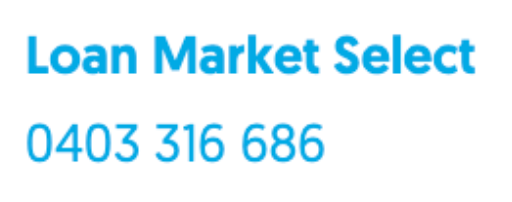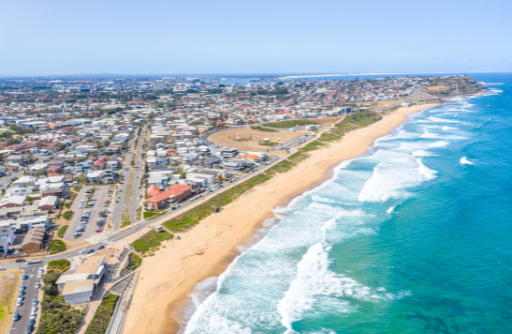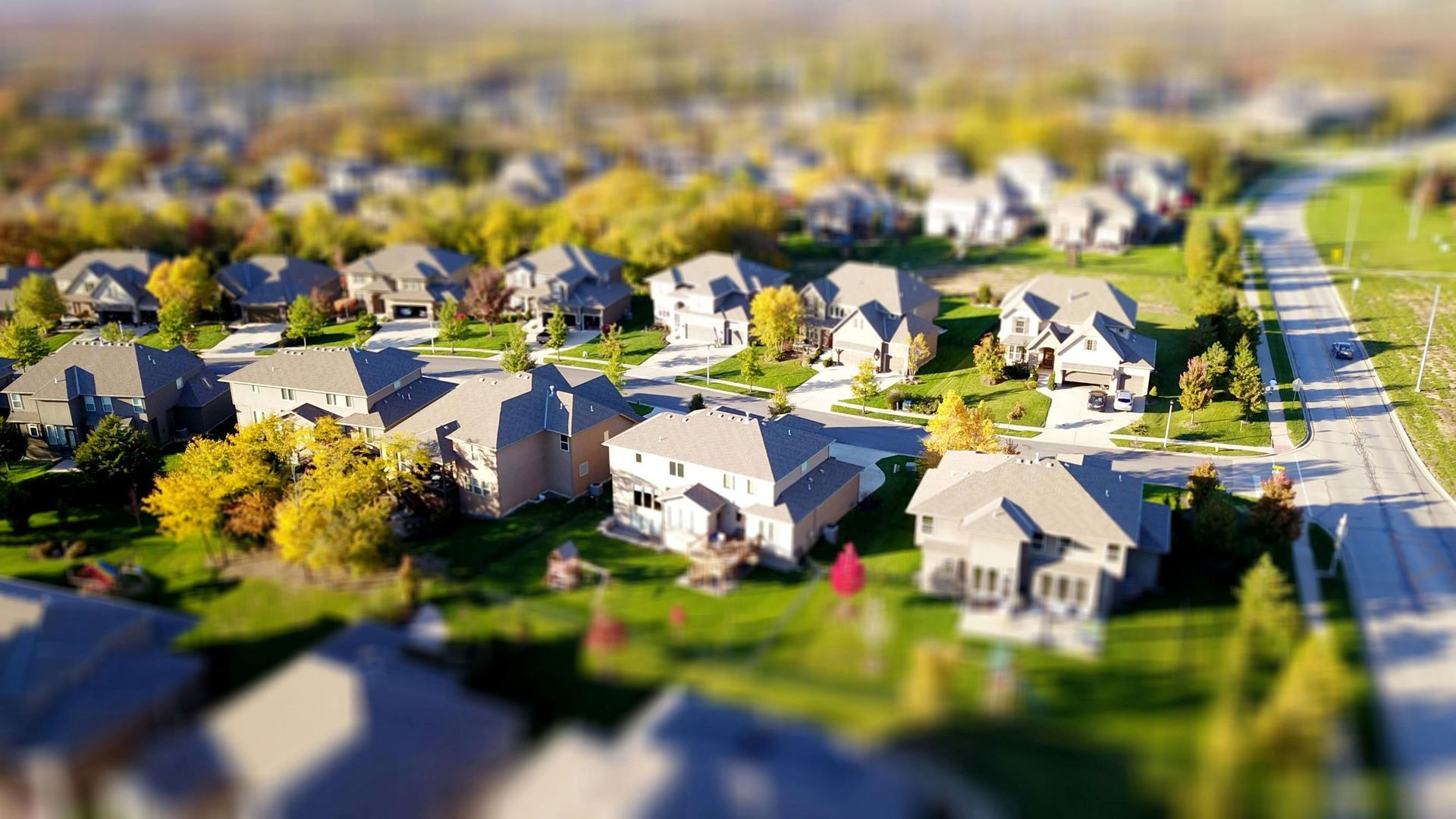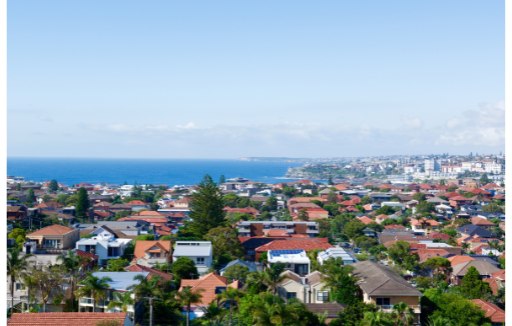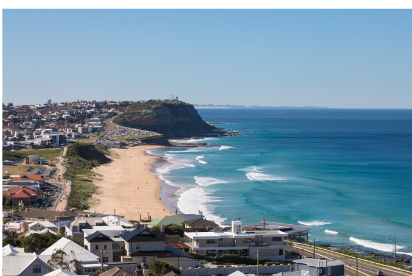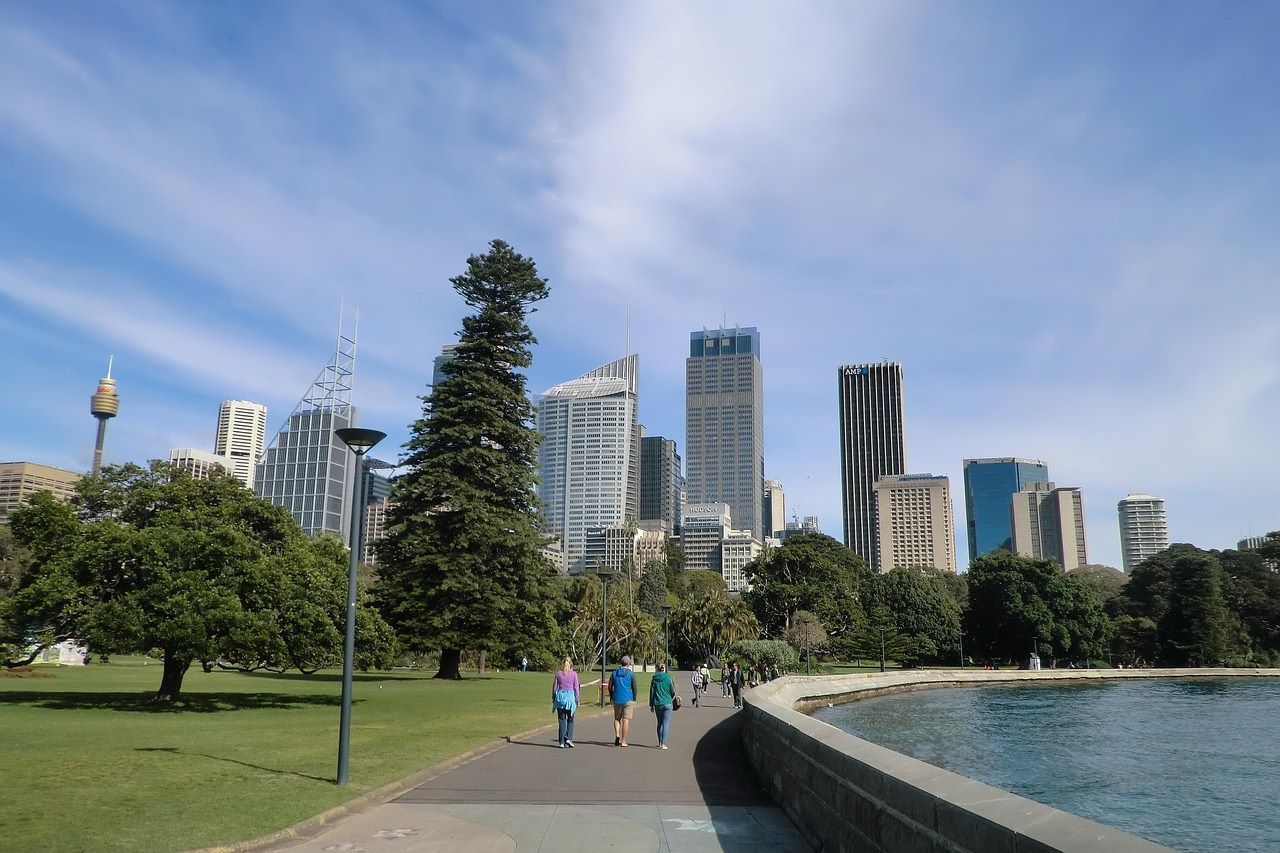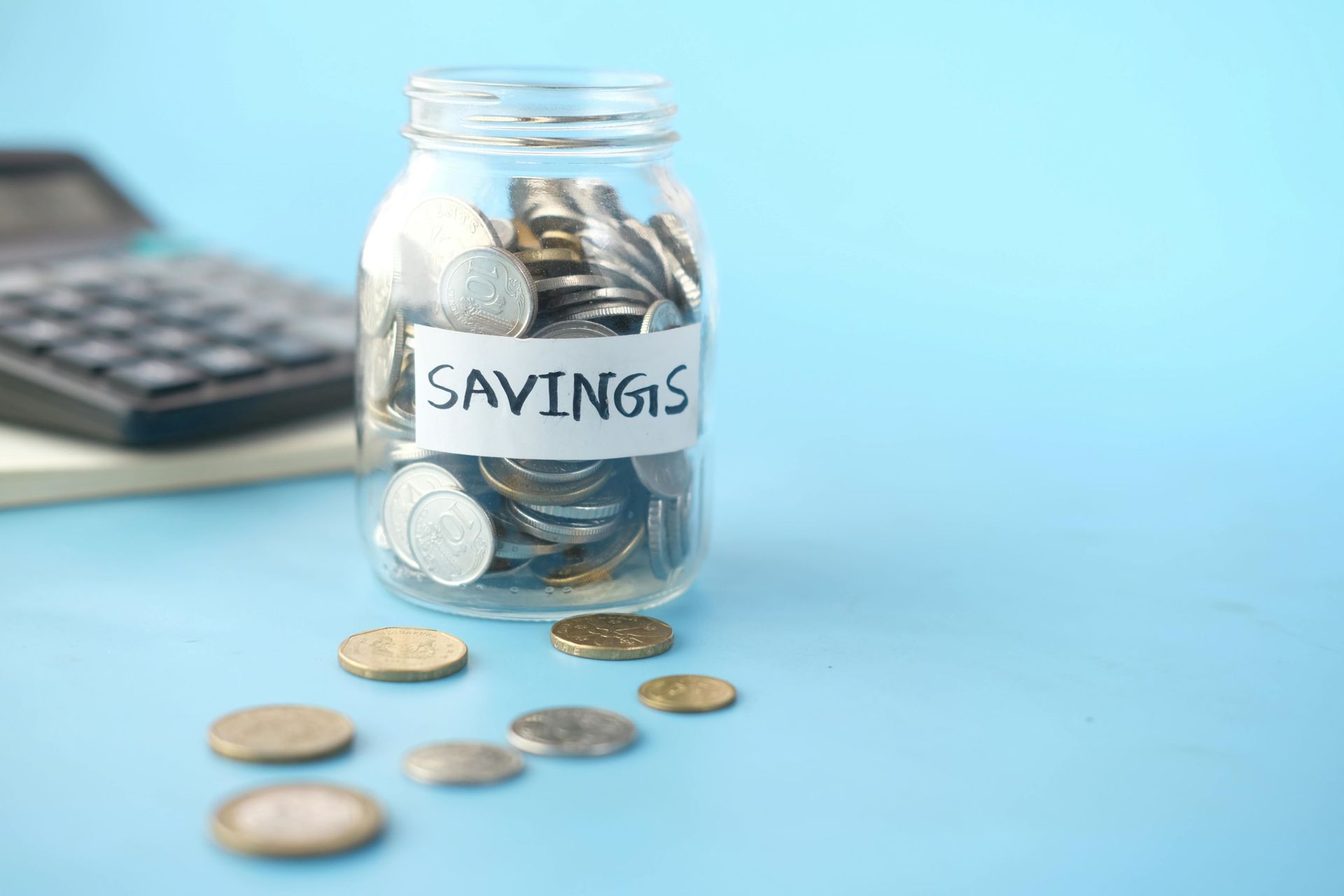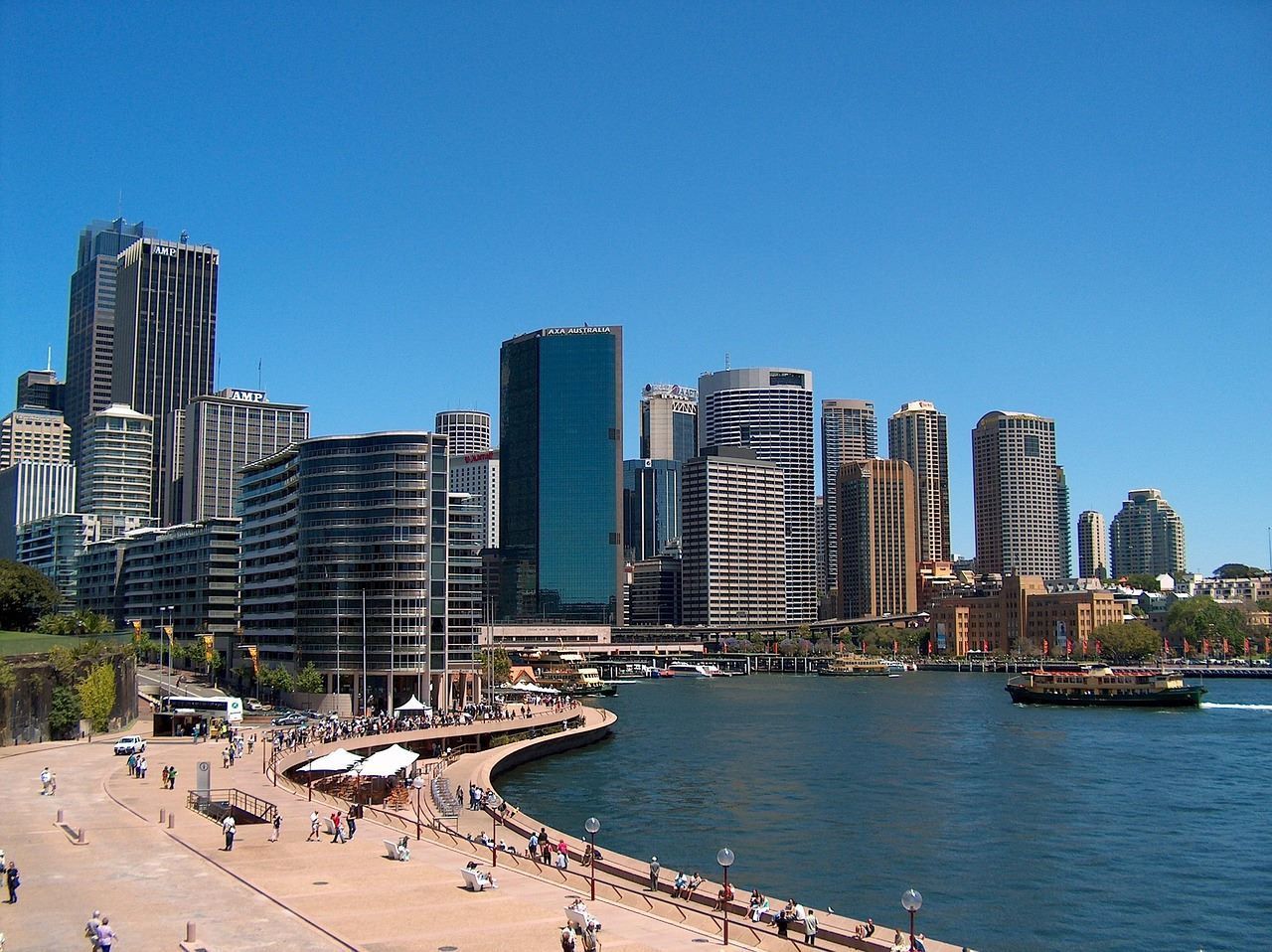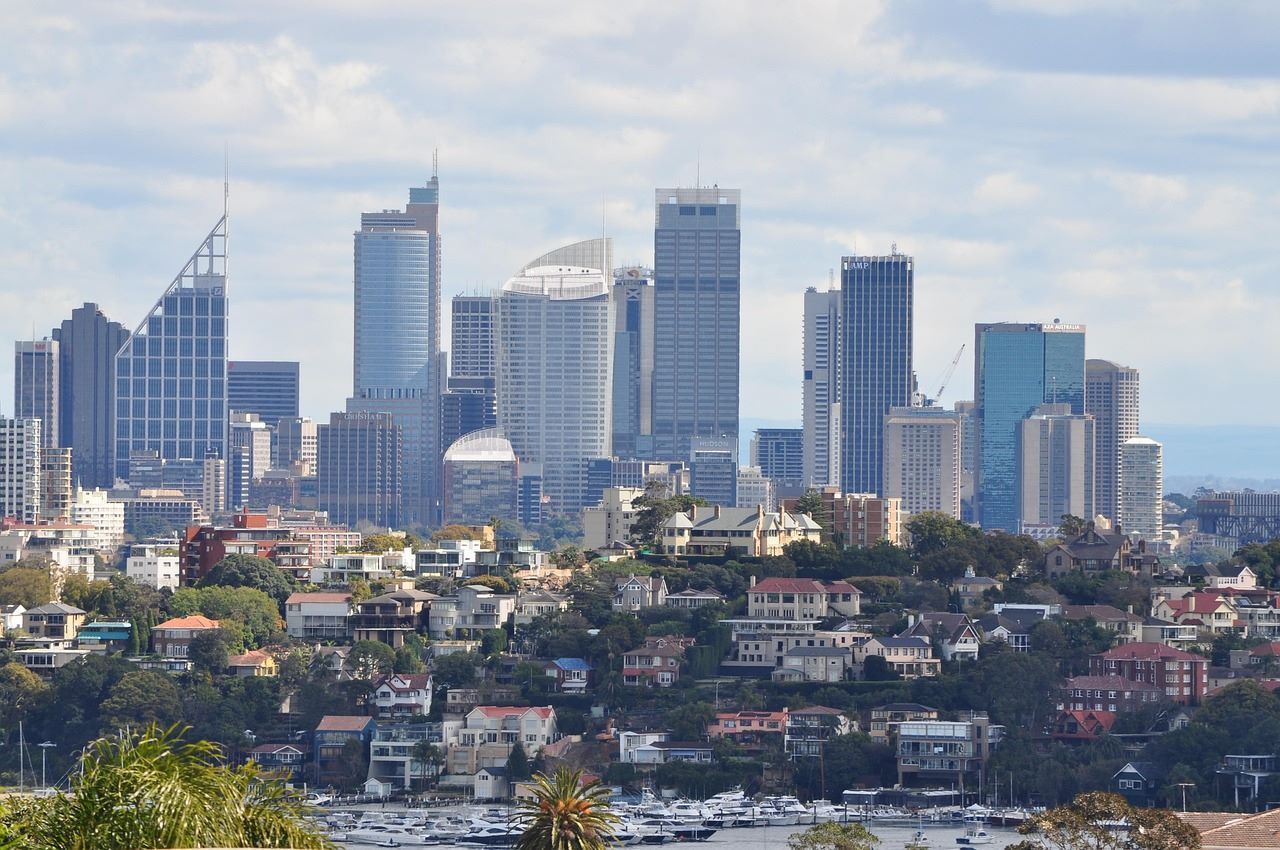How to Calculate Stamp Duty: A Step-by-Step Guide for NSW Homebuyers
Buying a home in NSW can be exciting, but figuring out how to calculate stamp duty can definitely feel overwhelming.
Stamp duty is a government tax on property transactions, and in NSW, it can add tens of thousands of dollars to the cost of a residential property, investment property, or vacant land. Homebuyers need to understand stamp duty rates, exemptions, and deadlines to avoid unexpected costs.
If you're in North Sydney, our brokers at
Mortgage Brokers Northern Beaches can make the stamp duty process easy. Our brokers can help buyers estimate stamp duty costs, explore home loan options, and access government grants to better manage upfront costs. With expert guidance, our clients can pursue their property dreams with confidence, free from unexpected financial surprises.
This guide covers everything you need to know about stamp duty—how to calculate it, who needs to pay, and strategies to reduce the cost.
🏡 Need Home Loan help?
We've helped thousands of locals.
Just call us on 0403 316 686
Or visit our website homepage
What Is Stamp Duty?
In NSW, stamp duty (officially known as land transfer duty) is a state government tax applied when ownership of a property changes hands. It applies to residential property, investment property, and vacant land and is determined based on either the purchase price or the market value, whichever is higher.
Governed by the Duties Act 1997 (NSW) and administered by Revenue NSW, stamp duty must be paid within three months of settlement. Some buyers may be eligible for stamp duty exemptions or concessions, particularly first-home buyers under the First Home Buyers Assistance Scheme.
How Stamp Duty Affects Property Costs
Stamp duty is one of the biggest upfront costs when buying property in NSW. It significantly impacts affordability, borrowing power, and overall expenses. Here’s how:
- Increases total purchase costs – Buyers must factor in stamp duty payments along with the property purchase price.
- Affects borrowing capacity – Lenders consider stamp duty costs when assessing home loan eligibility.
- Varies by property type – Different stamp duty rates apply to primary residences, investment properties, and foreign purchases.
- Can impact cash flow – Paying stamp duty upfront reduces available funds for renovations, furniture, or moving expenses.
Planning ahead and understanding stamp duty obligations can help avoid unexpected financial strain.
Who Needs to Pay Stamp Duty?
Stamp duty applies to most property transactions, but the amount and conditions vary depending on the buyer’s status and the type of property. Here’s who is required to pay stamp duty:
- Homebuyers – Anyone purchasing a primary residence or an investment property must pay stamp duty based on the property price unless an exemption applies.
- First-home buyers – Eligible buyers may receive full or partial exemptions under the First Home Buyers Assistance Scheme, but those purchasing above the price threshold must pay standard rates.
- Foreign buyers – Non-residents and temporary visa holders must pay stamp duty plus an 8% surcharge.
- Vacant land buyers – Stamp duty applies to land purchases, even if no home is built yet.
- Commercial property buyers – Businesses purchasing industrial or commercial properties are also subject to transfer duty rates.
When Stamp Duty Is Payable
Stamp duty must be paid within three months of settlement in NSW. If payment is late, interest charges and penalties may apply.
The only exception is for off-the-plan purchases, where eligible buyers can defer payment for up to 12 months after signing the contract.
For foreign buyers, the additional surcharge purchaser duty is due at the same time as the standard stamp duty.
Buyers should ensure they have the necessary funds set aside, as stamp duty is a significant upfront cost that most lenders do not allow to be added to a home loan. Revenue NSW manages stamp duty collection, and buyers are responsible for meeting all legal obligations on time.
🏡 Need Home Loan help?
We've helped thousands of locals.
Just call us on 0403 316 686
Or visit our website homepage
How to Calculate Stamp Duty: Step-by-Step Process
Stamp duty can be a substantial expense, so it’s essential to know how to calculate it accurately. Follow these simple steps to estimate your stamp duty liability before making a property purchase.
Step 1: Determine the Property’s Dutiable Value
Stamp duty is based on the dutiable value, which is either the purchase price or the market value—whichever is higher. If you're buying from a family member or as part of a transfer, an independent property valuation may be required.
Tip: Check recent real estate transactions in your area to get an idea of the property's fair market value.
Step 2: Identify the Applicable Stamp Duty Rate
NSW has a tiered stamp duty system, where the rate increases as the property price rises. The NSW Government updates these brackets periodically, so always check the latest transfer duty rates on the Revenue NSW website.
Tip: First-home buyers and certain buyers of new homes may qualify for stamp duty exemptions or a concessional rate, reducing the amount payable.
Step 3: Use a Stamp Duty Calculator
You can use the online stamp duty calculator provided by Revenue NSW. Simply enter the property purchase price, and it will instantly calculate the approximate stamp duty amount.
Tip: Always double-check your figures before making a financial commitment, as stamp duty costs can significantly impact your borrowing capacity. A mortgage broker can help you estimate your stamp duty costs, ensuring the figures are accurate before you make any financial decisions.
Step 4: Factor in Additional Costs and Fees
Aside from stamp duty, other government fees apply, such as mortgage registration fees and land transfer fees. These extra costs can add several hundred to a few thousand dollars to your total expenses.
Here are some of these fees:
- Mortgage registration fees: $164 in NSW.
- Transfer fees: $154 to $1545 depending on the property price.
Tip: Budget for these expenses early so there are no surprises on settlement day.
Example Stamp Duty Calculation Breakdown
Let’s look at a simple scenario to see how stamp duty is calculated.
Scenario:
Emma is purchasing a residential property in Sydney’s Northern Beaches for $850,000. She is not a first-time homebuyer and does not qualify for any stamp duty exemptions.
Using the NSW stamp duty brackets, the calculation is as follows:
- The property price is $850,000, so it falls in the $351,000 – $1,168,000 bracket.
- The base stamp duty for this bracket is $10,530, plus 4.5% of the amount exceeding $351,000.
Calculation:
- Amount over $351,000 = $850,000 - $351,000 = $499,000
- 4.5% of $499,000 = $22,455
- Total stamp duty payable = $10,530 + $22,455 = $32,985
Emma will need to budget an additional $32,985 for stamp duty payments before she can complete the property transaction. If Emma had been a first-home buyer, she may have been eligible for a concessional transfer duty rate or an exemption, significantly lowering her costs. Always check for potential exemptions before finalising a purchase.
NSW Stamp Duty Rates and Thresholds as of 2024 Data
Stamp duty in NSW follows a tiered rate system, meaning the amount payable depends on the property purchase price. The higher the price, the higher the duty rate. Below are the latest transfer duty rates as of 2024, based on data from Revenue NSW.
Stamp Duty Brackets
- (property value) Up to $16,000 – (stamp duty rate) $1.25 for every $100
- (property value) $16,001 – $35,000 – (stamp duty rate) $200 + $1.50 for every $100 over $16,000
- (property value) $35,001 – $93,000 – (stamp duty rate) $470 + $1.75 for every $100 over $35,000
- (property value) $93,001 – $351,000 – (stamp duty rate) $1,405 + $3.50 for every $100 over $93,000
- (property value) $351,001 – $1,168,000 – (stamp duty rate) $10,530 + $4.50 for every $100 over $351,000
- (property value) Over $1,168,000 – (stamp duty rate) $47,295 + $5.50 for every $100 over $1,168,000
Example Stamp Duty Calculation
Scenario: James is buying a home in Sydney’s Northern Beaches for $950,000. Since his property falls into the $351,001 – $1,168,000 bracket, the calculation is:
- Base stamp duty = $10,530
- Amount over $351,000 = $950,000 - $351,000 = $599,000
- 4.5% of $599,000 = $26,955
- Total stamp duty payable = $10,530 + $26,955 = $37,485
James needs to budget $37,485 for stamp duty payments, in addition to other government fees like mortgage registration and transfer fees. Understanding stamp duty costs upfront helps buyers plan their financial commitments effectively.
Stamp Duty Exemptions and Concessions in NSW
Some buyers in NSW may be eligible for stamp duty exemptions or concessions, significantly reducing their upfront costs. Understanding these benefits can help you save thousands when purchasing a residential property.
Below are the key exemptions and concessions available in NSW.
First Home Buyers Assistance Scheme (FHBAS)
- Full stamp duty exemption for homes up to $800,000.
- Concessional rate for homes between $800,000 and $1 million.
- Applies to new and existing homes, as well as vacant land (different thresholds apply).
Shared Equity Home Buyer Helper
- Aimed at eligible key workers, single parents, and older singles.
- Buyers in this scheme do not pay stamp duty if purchasing with NSW Government assistance.
Off-the-Plan Purchases
- Buyers planning to live in the property may defer stamp duty for up to 12 months.
- Does not apply to investment properties.
Pensioner and Concession Card Discounts
- Limited exemptions for pensioners downsizing to a new home (must meet eligibility requirements).
Transfers Between Family Members
- Exemptions apply for some transfers due to divorce, separation, or deceased estate settlements.
- Transfers between spouses may also be exempt if the property remains a primary residence.
Foreign Buyer Exemptions
- Some New Zealand citizens (Subclass 444 visa holders) may be exempt from the 8% foreign buyer surcharge.
Eligibility criteria can change, so always check with Revenue NSW or consult a mortgage broker to determine if you qualify.
🏡 Need Home Loan help?
We've helped thousands of locals.
Just call us on 0403 316 686
Or visit our website homepage
FAQs
Can stamp duty be added to a home loan?
Yes, but it increases loan repayments and total interest paid.
What is the difference between a stamp duty and a property tax?
Stamp duty is a one-time tax paid when purchasing a property, while property tax (or council rates) is an ongoing annual tax based on the property's value and location.
What happens if I sell my property quickly?
You won’t get a refund, but some buyers may prefer properties with prepaid stamp duty.
Does stamp duty apply to vacant land?
Yes, based on the land transfer duty rate.
Are there any future changes expected for NSW stamp duty?
Possibly—NSW is considering replacing it with an annual tax.
Do foreign investors pay extra stamp duty?
Yes, an 8% additional surcharge applies to foreign purchasers.
What are the penalties for late stamp duty payments?
You may face interest charges and legal action from the revenue office.
Can stamp duty be refunded?
Only in special cases, such as a contract cancellation.
Final Thoughts
Buying a home in 2025 comes with many costs to consider, and stamp duty is one of the biggest. Understanding how to calculate stamp duty, available exemptions, and payment deadlines can help you plan ahead and avoid unexpected expenses.
If you're unsure about stamp duty costs, home loan options, or potential savings, our expert team at Mortgage Brokers Northern Beaches is here to help. Call us at
0403 316 686 or visit
Mortgage Brokers Northern Beaches to book a free consultation and take the next step toward your property goals with confidence.

Need home loan help?
Simply contact our experts today, we can help.
CONTACT US
We're Mortgage Brokers Northern Beaches, your local brokers and part of the Loan Market Select team in North Sydney.
You can find our local office here:
1303/213 Miller St, North Sydney NSW 2060
FOLLOW US
HANDY LINKS
All Rights Reserved. SEO by Copyburst
